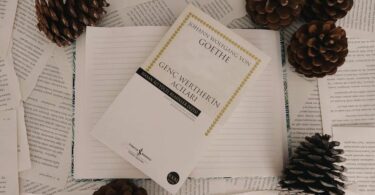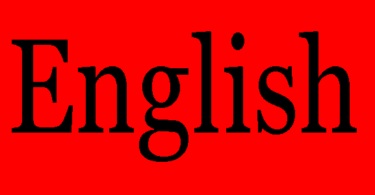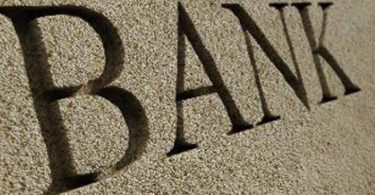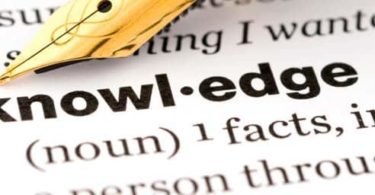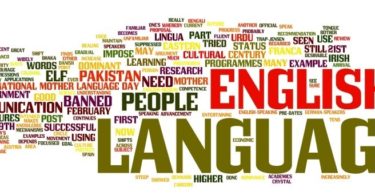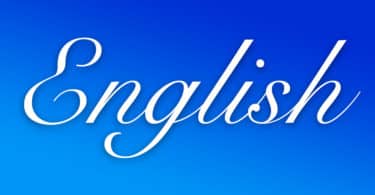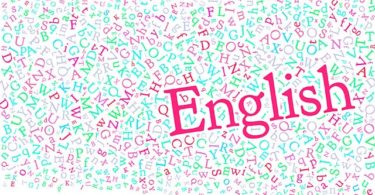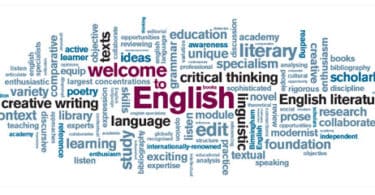Online Quiz on English Literature: Question: Which of the following is not a form of poetry? (a)...
Search Results For - english
English Quizzes
Content of this page moved to
English News Channels in India
Top English News channels in India: BloombergQuint Owner: Quintillion Media and Bloomberg LP...
Error Spotting in English Grammar Exercises with Answers
Instruction for Spotting Error Grammar & Error Question in English: Read each sentence to check...
English Sentence Structure Rearranging Exercises
English Rearrange Sentences Instruction / Direction: Each of the sentences has been split into five...
General English for Bank Exams
English for Bank PO: Directions: Which of the following is most opposite in meaning to the word...
UPSC IES English Sample Paper
English Multiple Choice Questions (MCQs) based on UPSC IES Exam: Indian Engineering Services (IES)...
BITSAT English and Reasoning Sample Paper
BITSAT English and Logical Reasoning Sample Papers: BITSAT General English and Logical Reasoning...
1000+ English Antonyms Online Quiz Exercise
Opposite of the Word Questions: Each of the following words is followed by five words one of which...
100 Common English Idioms Phrases and their Meaning
Idioms and Phrases with Meanings: A: Idiom Meaning Above board Honest and open At arms length To...
General English for Competitive Exams
English Practice Test for Competitive Exams: Directions for next 4 questions: Choose the correct...
Paragraph Formation General English Questions
Sentence Rearrangement related questions with answers: Directions: Rearrange the following six...
Common English Symbols You Should Know
Common Signs and Symbols in English that You should Know: What these English Symbols are called:...
80+ Common English Business and Corporate Abbreviations
List of Common English Business Abbreviations: AGM: Annual General Meeting Addr.: address AD:...
99 Best English Action Verbs You should put on Your Resume
List of Resume Verbs You should use to get your Dream Job: A: Assessed Assisted Acted Administered...
Common English Abbreviations and Acronyms to Learn
Common English Abbreviations and Acronyms including email, chat and text messaging: aka: also known...
English Animal Vocabulary
English Animal Vocabulary Words List: Ant: What a male Ant is called: Prince / Drone What a female...
CLAT English Sample Paper
CLAT English Sample Question Papers with Answers: This CLAT English sample paper consists 35...

